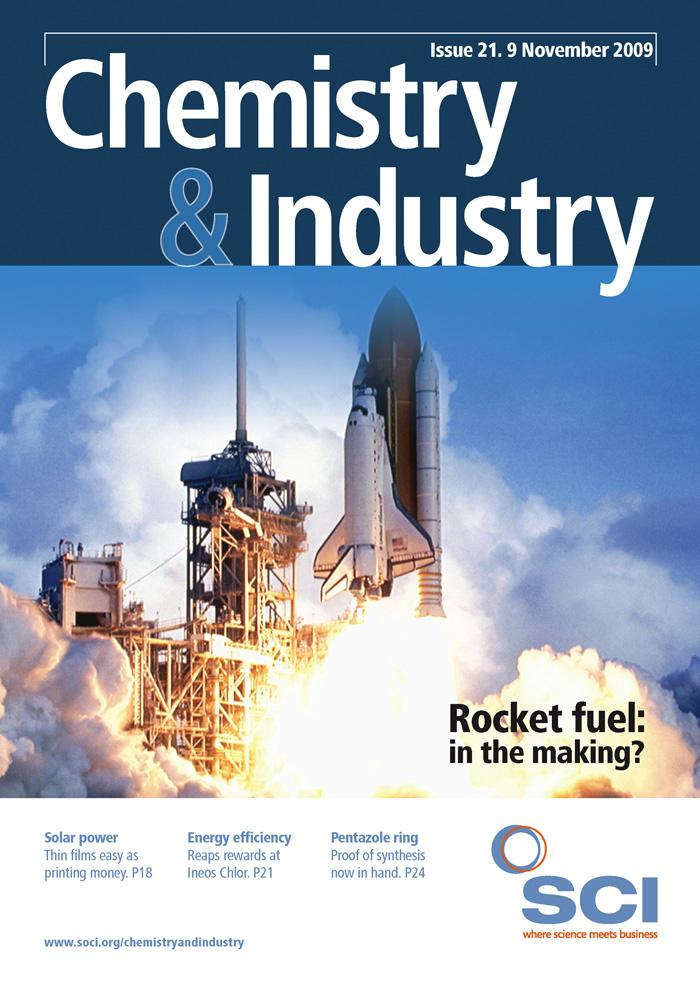French President Nicolas Sarkozy has announced a series of measures to facilitate the development of France’s pharmaceuticals sector, including the setting up of an investment fund, InnoBio, totalling more than €130m, to finance the development of healthcare-related biotechnology. InnoBio will be co-funded by nine pharmaceuticals – sanofi-aventis, GlaxoSmithKiline, Pfizer, Roche, Lilly, Novartis, Ipsen, Boehinger Ingelheim and Takeda in collaboration with the French state investment agency, FSI.
‘Our pharmaceutical industry is one of the most important in the world. I will do my utmost to ensure that it remains so,’ Sarkozy said before the Conseil Stratégique des Industries de Santé (CSIS), an advisory council bringing together state authorities and the French Pharmaceutical Companies Association (Leem) and set up in 2004 to facilitate ‘the creation of an attractive French context for innovation’.
The CSIS highlights that InnoBio has been set up ‘to encourage the development of French know-how in the biotech field,’ through the setting up of companies in France, increasing the potential of existing ones and accelerating the marketing of products.
The pharmaceutical partners in InnoBio will largely target investments of between €5m and €10m in small companies while remaining minority shareholders.
InnoBio is the latest in a series of state-led initiatives this year to develop countries’ biotech sectors. The prime example comes from Norway where the government announced a $418m bail-out, in January, for the sector, within the framework of a major economic stimulus package. In the UK, meanwhile, October saw the unveiling of a £37.7m collaborative project between the UK government, GSK and medical research charity, the Wellcome Trust, to set up a hub for biotechnology firms in England specialising in new drug development (C&I 2009, 20, 8).
CSIS’s package of measures also includes a commitment on the part of pharma firms to double their annual investment in biomedical partnerships with public and private research laboratories over the next three years, which is expected to total €62.5m by 2012.
The measures also make provision for firms to produce generic versions of branded drugs in France before patent protection has expired. This was previously prohibited and has led to generic drug manufacturers setting up production facilities abroad.





